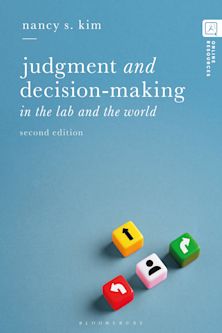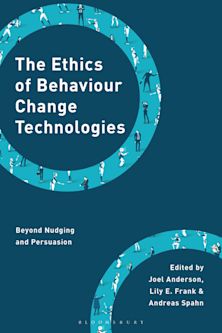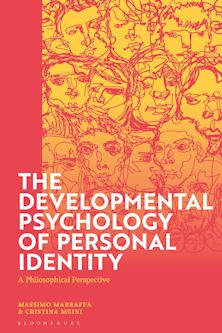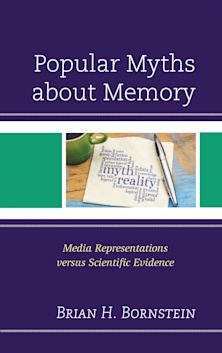- Home
- ACADEMIC
- Psychology
- Cognitive Psychology
- The Praeger Handbook of Learning and the Brain
You must sign in to add this item to your wishlist. Please sign in or create an account
Description
Nearly 100 entries describe current brain research as it relates to education, as well as the relationship between the brain and learning and instructional strategies. Over 100 expert authors contributed to this work, covering the cognitive, social/emotional, and physical aspects of learning as the brain develops. Topics include: brain development, learning, curriculum, at-risk, classroom management, culture, emotion, foods, intelligence, learning environments, learning challenges, learning theories, physical movement. Focus is on K-12 education, but the books also offer information on the pre-school and adult learner. Cross references and recommended readings conclude each entry. Supplemental reference sources include a glossary devoted to the brain and an extensive bibliography.
Ideal for educators, parents and teachers, this encyclopedia provides a wealth of knowledge about why educational experiences are structured the way they are and how this helps students learn more. Cognitive neuroscience and its practical use in education provides much of the research for this book, however, the entries are written at a level appropriate for a general reader.
Table of Contents
Dedication
List of A-Z Entries
Guide to Related Topics
Preface and Acknowledgements
Introduction
Glossary
Bibliography
Index
About the Contributors
Product details
| Published | 30 Aug 2006 |
|---|---|
| Format | Ebook (PDF) |
| Edition | 1st |
| Extent | 608 |
| ISBN | 9780313036651 |
| Imprint | Praeger |
| Publisher | Bloomsbury Publishing |
About the contributors
Reviews
-
Written in an easily understood, jargon-free style, this two-volume set offers information on current issues in education, educational psychology, cognition, instruction, and curriculum development. Entries on teaching and learning address students' characteristics, hindrances to learning, and implications for classroom instruction. Sample topics include at-risk behavior, classroom management, emotional or behavioral issues, learning styles, learning theories, physical and emotional development, and reading. Authors are experts in the fields of neuroscience, psychology, and education. The primary focus is K-12, with additional information on preschool and adult learners. Nearly 100 entries are listed alphabetically, with cross-references and short lists of further readings. Besides the index, a list of A-Z entries and a guide to related topics facilitate navigation. The book includes an extensive bibliography and a glossary of terms relevant to the science of brain structure and function. Recommended. Lower-division undergraduates through researchers/faculty; general readers.
Choice
-
[A]n encouraging effort in the direction of providing an accessible foundation of knowledge, merging what is known about the brain and how that impacts learning.
PsycCRITIQUES
-
[A] useful tool for anyone concerned with teacher training or other child-oriented courses.
Reference Reviews
-
[W]ill be useful for educators, parents and teachers, as it provides a wealth of knowledge about why educational experiences are structured the way they are, and how this structure helps students learn more.
Mentalhelp.net



































